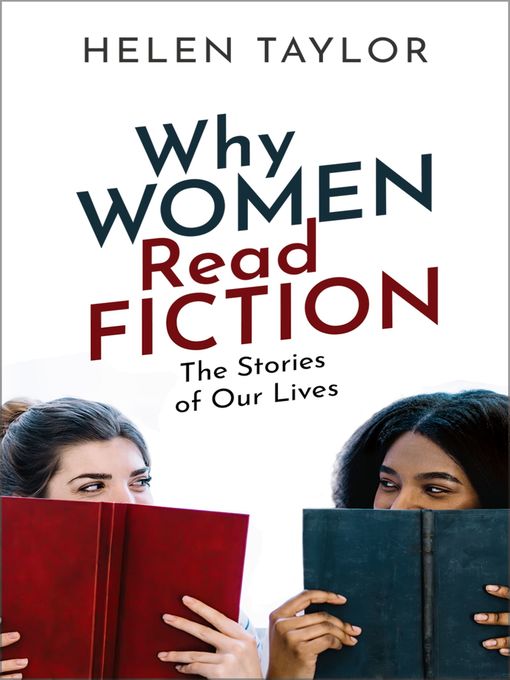
Why Women Read Fiction
The Stories of Our Lives
کتاب های مرتبط
- اطلاعات
- نقد و بررسی
- دیدگاه کاربران
نقد و بررسی

February 1, 2020
To understand why a significantly large portion (63 percent) of fiction sales go to women, Taylor (emerita, English, Univ. of Exeter; Scarlett's Women) conducted interviews and sent questionnaires related to women's reading habits to British writers such as Bidisha, Jasper Fforde, and Hilary Mantel. This research informs this three-part book, which reveals, not unsurprisingly, that women read different types of genre fiction (romance, crime fiction, and some sf) for various reasons. Taylor notes that through fiction women find escape and deepen their empathy. She explores what many women read as young girls (Little Women, The Secret Garden) and thoroughly analyzes two novels (Pride and Prejudice, Jane Eyre) most cited by her survey/interview respondents. Taylor also discusses the important role book clubs, literary bloggers, book festivals, and literary tourism can have in boosting fiction sales. Her discussion of the gendering of literature and how "too feminine" book covers can influence a works' success is particularly fascinating. VERDICT Though long overdue, this satisfying offering comes at a time when women are working harder than ever to secure their rightful place in the literary canon. Recommended enthusiasts of lit crit, feminist studies, and publishing.--Erica Swenson Danowitz, Delaware Cty. Community Coll. Lib., Media, PA
Copyright 2020 Library Journal, LLC Used with permission.

October 15, 2019
More than 500 women share their connection to stories. Intrigued by women's enduring love of fiction, Taylor (Emerita, English/University of Exeter; BFI Film Classic on Gone With the Wind, 2015, etc.), who twice directed the Liverpool Literary Festival, sent a detailed questionnaire to women she knew, worked with, or met at literary or bookshop festivals and events and conducted lengthy interviews with women writers and publishing professionals, all to answer her overarching question: "What does fiction reading mean to women?" Drawing on their responses, the author offers intimate revelations of how, where, and why women read fiction; what they read; and how women writers see themselves as "gendered (or not)." Although some findings are predictable--e.g., women read "not just for entertainment and escape, but to help us get through life's daily trials and major challenges"--many readers convey, with clarity and sincerity, their deep emotional response to novels, characters, and authors. Reading, one woman said, "has taken me to places I longed to go and some I did not want to go." Women's most loved books also were unsurprising, with Pride and Prejudice and Jane Eyre high on the list and Jane Austen as most women's favorite writer. Some readers from diverse ethnic, class, and racial backgrounds, a minority of Taylor's respondents, sought out books they believed could improve "their life chances and social mobility." Noting the popularity of romance novels, erotica, and mysteries, Taylor has found that evolving attitudes about sexual relations have made romance fiction "a dynamic form" that questions archetypes such as the young na�ve heroine seduced by an experienced older man, and publishers of romance increasingly realize the commercial potential of attracting LGBTQ writers and readers. Women writers offer candid insights about the particular challenges they face. Some, for example, have been frustrated by publishers' and critics' assumptions. "There is still a disposition," Hilary Mantel complained, "to think that when a woman writes books, she must be commenting on The Woman Question, or on 'What do women want?', as if she cannot pull away from personal preoccupations." A warm celebration of the power of fiction.
COPYRIGHT(2019) Kirkus Reviews, ALL RIGHTS RESERVED.

























دیدگاه کاربران